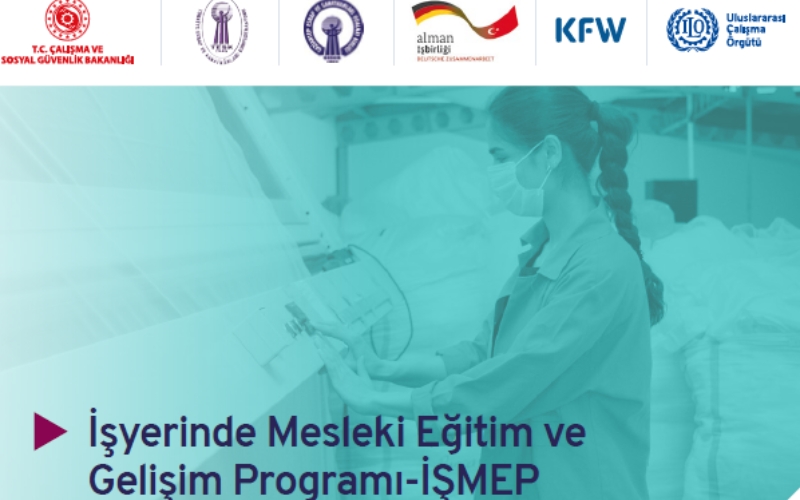As the Union of Chambers of Tradesmen and Craftsmen of Gaziantep (GESOB), we have been carrying out local vocational training and registered employment activities for Syrians Under Temporary Protection (TPAS) and disadvantaged Turkish citizens since 2015 through the vocational training center within our body, and our members, tradesmen and In addition to meeting the qualified personnel needs of the craftsmen, it contributed to the social, cultural and economic gains of the participants by bringing Syrians Under Temporary Protection (SuTP) and Turkish citizens, who are locally disadvantaged, into registered employment. These studies were largely carried out in partnership with the International Labor Organization (ILO). At this point, the International Labor Organization (ILO) has made significant contributions to the social and economic integration of both Syrian citizens and disadvantaged Turkish citizens in the province.
A project work that is important for the region has started to be implemented with the "Work-Based Learning and Micro Business Support Program", the work of which was carried out in 2021 and the contract of which was signed on 01.07.2021. Within the scope of the project, it is aimed to improve the qualifications of a total of 255 people, especially the unregistered and unemployed throughout the province, through workplace-based vocational training practices and to ensure their registered employment. Within the scope of these practices, the Provincial Directorate of National Education and the Provincial Directorate of İŞKUR are involved in the work as natural stakeholders of the project. Within the scope of the workplace-based vocational training project, 6 fields (Mechanical, Metal, Wood, Apparel, Electrical, Automotive) and 11 branches (Steel Welder, Electric Arc Welder, CNC Machine Tools and Programming, Wooden Skeleton Assembly Personnel, Wooden Skeleton CNC Operator, Straight Sewing Machinist, Vocational training practices will be carried out in a total of 17 groups, including Woven Garment Machinist, Protective Clothing Sewing, Automotive Brake Maintenance Repairer, LPG Installation and Maintenance Repairman, Low Current Plumber) and will contribute to the employment of the participants.
Increasing the service capacity of the unions has been included in the project as the second component of the project, and in order to increase the service quality of the unions for tradesmen and craftsmen businesses, information centers will be established in the unions and consultancy activities will be carried out through these centers to legalize unregistered businesses. The Information Center (BİLMER) application is planned to be established in 10 provinces across the country (Istanbul, Bursa, Izmir, Adana, Mersin, Konya, Ankara, Gaziantep, Şanlıurfa, Hatay). In this context, the first pilot application was carried out in our city. Within the scope of the project, businesses owned by Syrian and Turkish citizens will be supported to carry out their activities in accordance with legal regulations through a 444 tradesman support line, social media broadcasts and field studies.
The project implementation period is planned as 12 months and has a total budget of 4,531,299.00 TL. Participants who receive vocational training within the scope of the project activities will receive SSI and half-salary support for their employment processes for 6 months, and businesses that provide employment will be financially supported during the participants' job adaptation period. On the other hand, the registration costs incurred for unregistered businesses to become registered in accordance with the legal legislation will be covered by the project and a contribution will be made to these businesses.
This project, carried out jointly with the ILO, is funded by KFW (German Development Bank). With this project, which has important outputs specific to the province, maximum contribution will be made to meeting the qualified personnel needs of tradesmen and craftsmen, preventing unemployment, and social and economic development processes. By registering tradesmen and craftsmen's businesses in accordance with the legislation, a significant contribution will be made to the development of joint production policies, the creation of competitive environments on equal terms and the increase of production quality.






